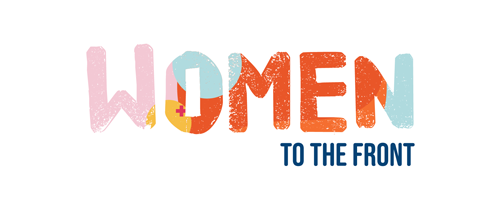Personal care workers in the aged care sector will receive a well overdue 15% interim wage increase, thanks to decades of advocating from three unions.
The Australian Nursing and Midwifery Federation (ANMF) and the Health Services Union (HSU) supported by the United Workers Union (UWU) each lodged applications with the Fair Work Commission (FWC) to improve wages and conditions in aged care.
HSU based their case on the fact that on top of aged care workers being underpaid to the point of ‘neglect’, working in the aged care industry has become more complex due to Australia’s ageing population, the COVID-19 pandemic, and changing expectations of care from the community.
After describing aged care workers as ‘the heroes of the pandemic’, Prime Minister Anthony Albanese claims that the move will work towards closing the gender pay gap.
What’s this got to do with the gender pay gap?
Women make up 80% of the aged care industry, with about a fifth of workers from culturally and linguistically diverse backgrounds. Women have been caring for the young and old in our society, often unsalaried, for years, setting the expectation that feminised work is not worth compensating. In fact, working in a female dominated industry can reduce pay by as much as 9%.
The FWC recognised that the reason for this undervaluation is ‘likely to be gender-based’, and HSU national president Gerard Hayes said that, ‘Aged care in this country has relied for too long on the goodwill of an underpaid and insecure workforce of women.’
Unfortunately, the abuse of that ‘goodwill’ has led aged care workers into poverty, with many workers retiring with only $18,000 in superannuation.
According to ANMF Assistant Federal Secretary Lori-Anne Sharp, aged care workers are ‘some of the lowest-paid workers in the country’ – earning as little as $22 an hour and 10-15% less than other healthcare workers.
These are all huge contributing factors to the gender pay gap, which – according to new research – will never close without intervention.
Through the decision to increase wages, UWU Aged Care Director Carolyn Smith says that, ‘Aged care workers have successfully demonstrated their skills, commitment and hard work are worth much more than they are currently being paid.’
But more so, it sends this message: the work women do matters, and without it, society can’t function.
What’s still to be done?
Unions are calling for a 25% increase to truly fix the crisis, and that may still be awarded by the FWC. Personal care worker Mandy Smith told The Drum that since her industry has been underpaid for years, the decision is ‘more of a correction than a pay rise’.
Additionally, the pay increase only applies to those who work directly with patients, and excludes the cleaners, administrators and other support staff who hold the sector up.
Perhaps the hardest battle will be encouraging the government to not only recognise the value of women’s work, but to compensate them for it so they can take care of themselves as well – increasing wages in female-dominated industries is a huge step in that direction.












SHARE:
15% pay rise in aged care a win for women